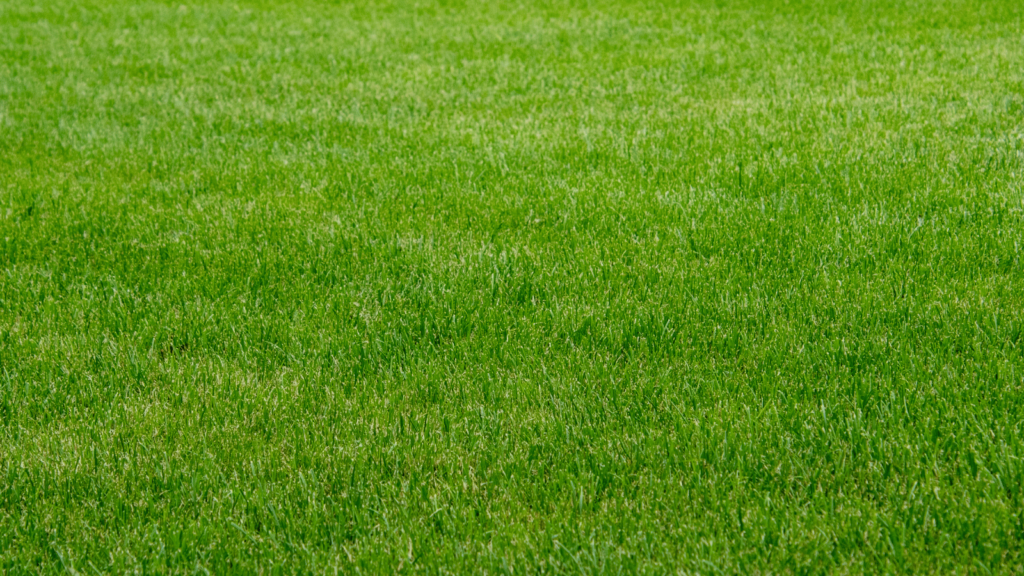Posted on March 31st, 2025

A healthy lawn starts with the right grass seed, but Massachusetts’ unpredictable weather makes choosing the best kind more complicated than it seems. Cold winters, humid summers, and varying soil conditions mean not all grass types will thrive. Some handle shade better, others stand up to heavy foot traffic, and a mix of grass species often works best for a balanced, resilient lawn.
This guide breaks down the best grass seed for Massachusetts, why combining grass types can improve lawn health, and how professional care helps keep your yard looking great year-round.
For expert guidance in choosing grass seed for your lawn and reliable lawn care services, contact Turf Unlimited. Call us today at 1-888-649-9919 or complete the contact us form for a free quote.
Massachusetts falls into the cool-season grass region, meaning lawns must survive hot, humid summers and freezing winters. The right grass seed will help your lawn stay healthy through challenges common to the area, like temperature swings and drought stress.
When choosing the best grass seed for a Massachusetts lawn, consider factors like:
Different grass types have their unique strengths. Some grow quickly but don’t tolerate heat well, while others are slow to establish but more resilient over time. Understanding these differences can help you pick the right seed, mix, or blend for your lawn.
This top-rated grass seed is a popular choice for its deep green color and thick, carpet-like growth. It spreads through underground rhizomes, which helps it recover more quickly from damage. However, it takes longer to germinate than other grasses.
Because of its fast germination, perennial ryegrass is one of the popular grass seed types in Massachusetts. It holds up well in high-traffic areas but doesn’t handle drought or shade as well as other grasses.
Fine fescues are some of the best low-maintenance grasses for Massachusetts lawns. They do well in shady, dry areas where other grass struggles but aren’t ideal for areas with heavy foot traffic.
Tall fescue has a deep root system, making it one of the most drought-tolerant cool-season grasses. This top-rated grass seed is resilient and works well for lawns that see a lot of use.
Lawns are often planted with either a mix or blend of grass seeds.
Mix: A mix contains two or more grass species. This makes lawns more resilient and adaptable to varying conditions. For example, combining popular grass seed types like Kentucky bluegrass, perennial ryegrass, and fine fescue balances sun tolerance, shade adaptability, and durability.
Blend: A blend includes two or more varieties of the same species. This improves consistency and disease resistance while maintaining a uniform look. For instance, a blend of Kentucky bluegrass cultivars creates a dense, cold-tolerant lawn.
Most homeowners will see the best results with a grass mix rather than a single type of grass. Combining grass species or different cultivars can help make lawns more adaptable to various growing conditions, reducing the risk of bare patches and weak areas. An experienced lawn care professional can help you select the ideal grass mix to ensure a healthier, resilient lawn.
Grass seed is just the starting point. Regular maintenance keeps your lawn strong and healthy throughout the year. Turf Unlimited provides professional lawn care services tailored to Massachusetts lawns, including:
A strong, well-maintained lawn stands up better to weather changes and daily use. If you want a healthier lawn without the hassle, rely on Turf Unlimited.
Contact us today to learn more about our expert lawn care services in Massachusetts and New Hampshire. Call 1-888-649-9919 or fill out our contact form for a free quote.